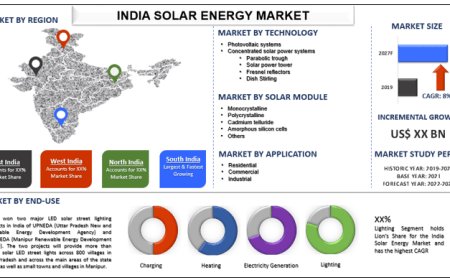Cost accounting: Advantages and importance for better financial management
Cost Accounting Importance and Advantages lie in its ability to help businesses control expenses, improve efficiency, and make informed financial decisions. By tracking, analyzing, and managing costs, cost accounting provides a clear picture of where money is being spent and where savings can be made. It supports budgeting, pricing strategies, and performance evaluation, ultimately leading to better resource allocation and increased profitability.

Cost accounting helps companies to control costs, improve operations, and increase income; hence it is absolutely vital in the competitive corporate environment of today. Unlike traditional financial accounting, which stresses outside reporting, cost accounting is an internal tool managers use to make intelligent decisions based on extensive cost analysis. Knowing the worth and advantages of setting up a strong cost accounting system may benefit every business from manufacturing to services.
Enhances efficiency and cost control
One of the main advantages of cost accounting is its ability to contain and manage costs. Monitoring costs at every step of product or service delivery can help businesses identify waste or overspending.
Helps in Pricing and Budget Planning Options
To assist businesses determine the true cost of goods or services, direct, indirect, fixed, and variable expenditures are considered. This ensures that pricing structures are competitive as well as profitable. Moreover, cost accounting helps to more accurately budget by forecasting future expenses using historical trends and operating plans.
Enhances Decision-Making and Performance Evaluation:
Managers can make better informed and strategic decisions with thorough cost and resource use information. Cost accounting helps to show which departments, projects, or items are failing and which are doing well.
Encourages Production and Inventory Management
In manufacturing companies, cost accounting is crucial for inventory valuation and production planning. Identifying the cost of work-in-progress, raw materials, and final goods enables for exact stock valuation and economical manufacturing strategy. Apart from waste minimization, this enables efficient satisfaction of consumer need.
Final Thought
In summary, Cost Accounting is more than just number-crunchingits a powerful management tool that drives efficiency, cost savings, and profitability. From pricing and budgeting to performance tracking and inventory control, the benefits of cost accounting are essential for any business aiming to succeed in todays market. Investing in a reliable cost accounting system can lead to smarter decisions and long-term financial growth.







































